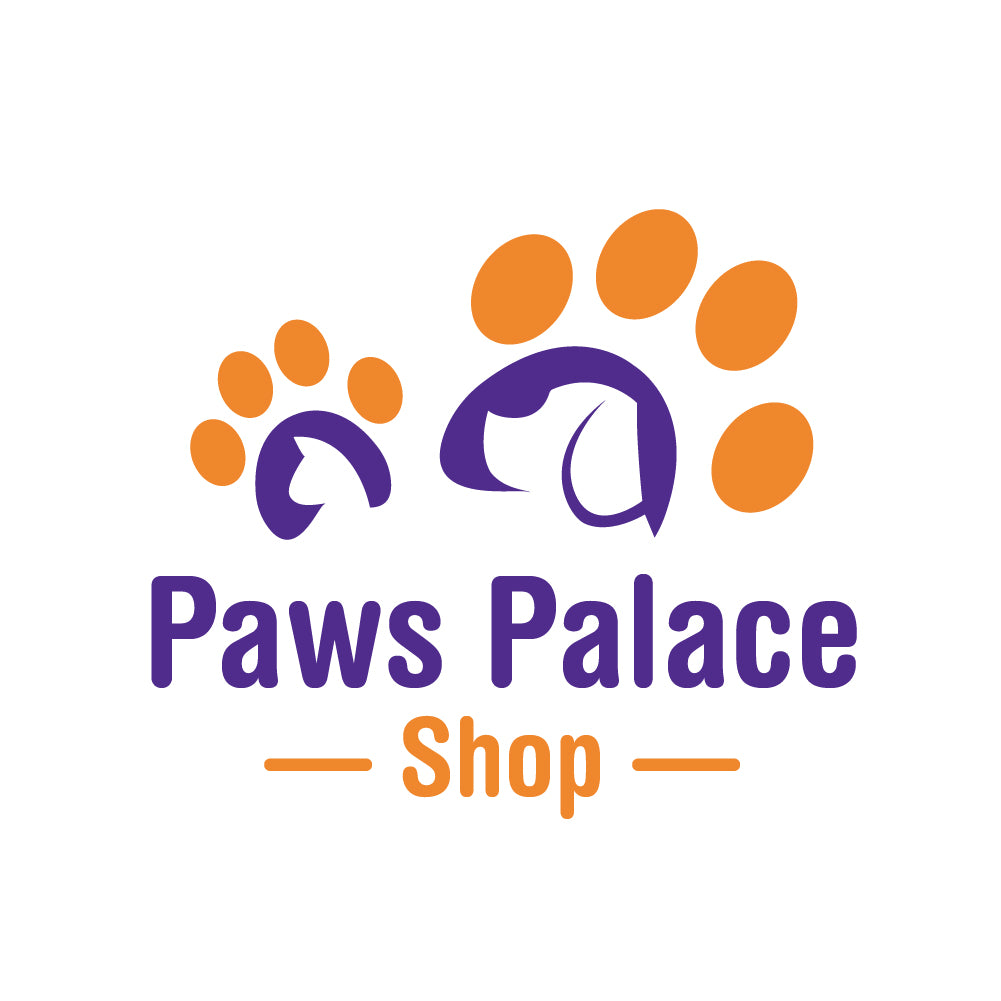Introduction
As pet owners, we continuously seek the best for our furry companions, scrutinizing every detail from their playtime activities to their sleep comfort. However, it's their diet that often holds the key to their health and happiness. In a world where pet food recalls and questionable ingredients make headlines, organic cat food emerges as a beacon of hope for those looking to provide the best for their feline friends.
What Makes Cat Food "Organic"?
Understanding what "organic" truly means is the first step towards making informed choices about your cat's diet. Organic cat food is made with ingredients that are certified to have been grown and processed without synthetic pesticides, fertilizers, or GMOs. Unlike conventional cat food, which may contain by-products and artificial additives, organic cat food must meet strict standards set by regulatory bodies, ensuring a cleaner and more natural diet for your pet. For an in-depth look at these standards, visit the USDA National Organic Program website.
The Health Benefits of Organic Cat Food
Enhanced Nutritional Value
Organic cat food often boasts higher quality sources of protein—like free-range chicken or grass-fed beef—and fewer fillers. This means your cat enjoys a meal that's not only closer to their natural diet but also richer in essential nutrients.
Reduced Exposure to Pesticides and Toxins
The absence of pesticides and synthetic chemicals in organic cat food reduces the risk of your cat ingesting harmful substances. Over time, this can lead to a lower risk of diseases and health issues linked to toxin exposure. The Environmental Working Group offers more information on how pesticides can affect pet health.
Supporting Digestive Health
Many cat owners who switch to organic food notice improvements in their pets' digestive health. With natural ingredients and fewer fillers, organic cat food is easier on your cat's stomach, leading to better digestion and fewer gastrointestinal problems.
Environmental and Ethical Advantages
Choosing organic cat food isn't just good for your cat—it's also a vote for sustainable and ethical farming practices. Organic farming reduces environmental toxins, conserves water, and enhances soil fertility. Moreover, it often upholds higher standards of animal welfare, ensuring that livestock are raised in humane conditions. The Organic Trade Association provides insights into how organic farming benefits the environment.
Choosing the Right Organic Cat Food
Navigating the market for organic cat food can be overwhelming. Look for products with a certified organic label, and pay close attention to the ingredient list. High-quality organic cat foods will list real meat as the first ingredient, not fillers or by-products. Be wary of misleading marketing terms and do your research to find brands that genuinely uphold organic standards. Pet Food Institute offers guidelines on understanding pet food labels.
Real Stories: Cat Owners Share Their Experiences
Anecdotal evidence from cat owners who've made the switch to organic food often highlights visible improvements in their pets' health and vitality. From shinier coats to increased energy levels, the benefits of organic cat food come to life through their stories.
Conclusion
In the quest for optimal feline health, organic cat food offers a promising solution. By feeding your cat a diet that's free from synthetic additives and pesticides, you're not only supporting their well-being but also contributing to a more sustainable and ethical food system.
Call to Action
Have you experienced the benefits of organic cat food with your own furry friend? Share your story in the comments below or reach out with any questions about transitioning your cat to an organic diet. Together, we can make a positive impact on our pets' lives and the planet.

